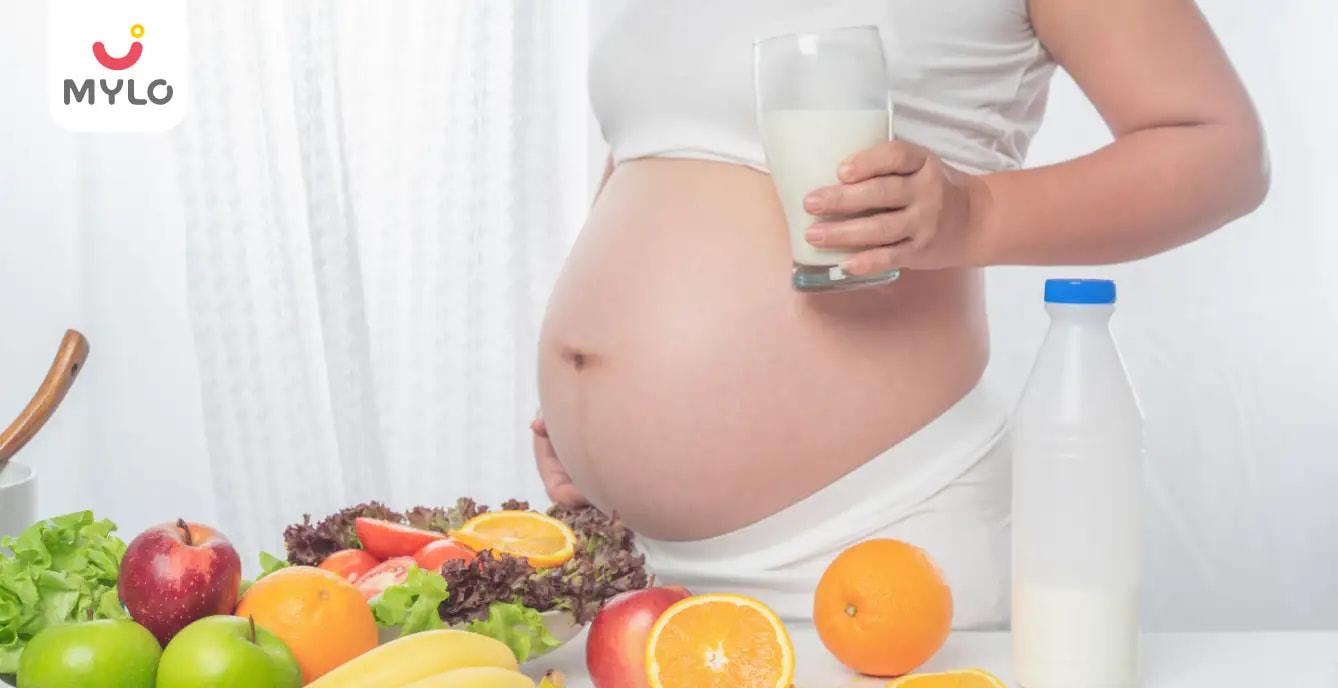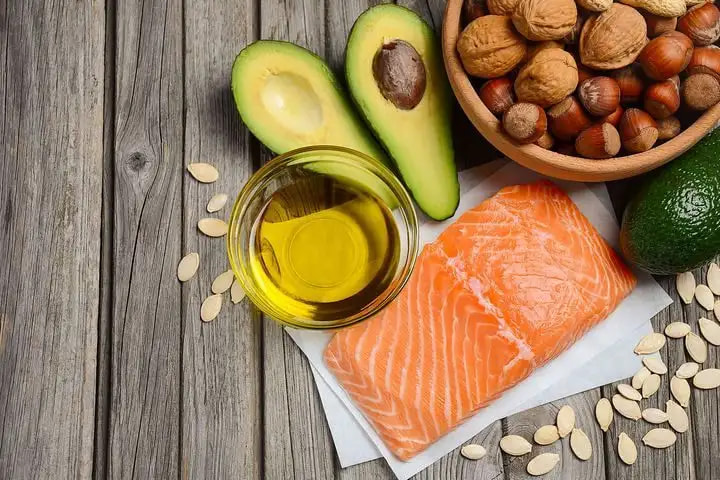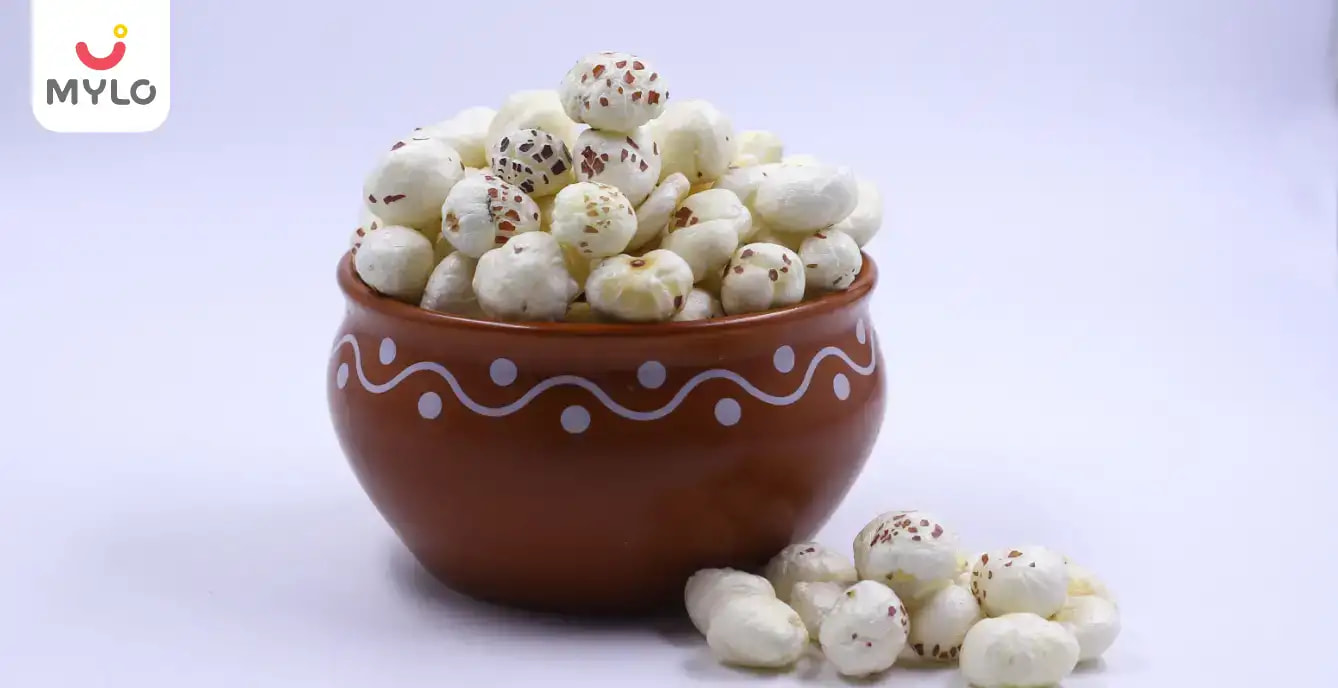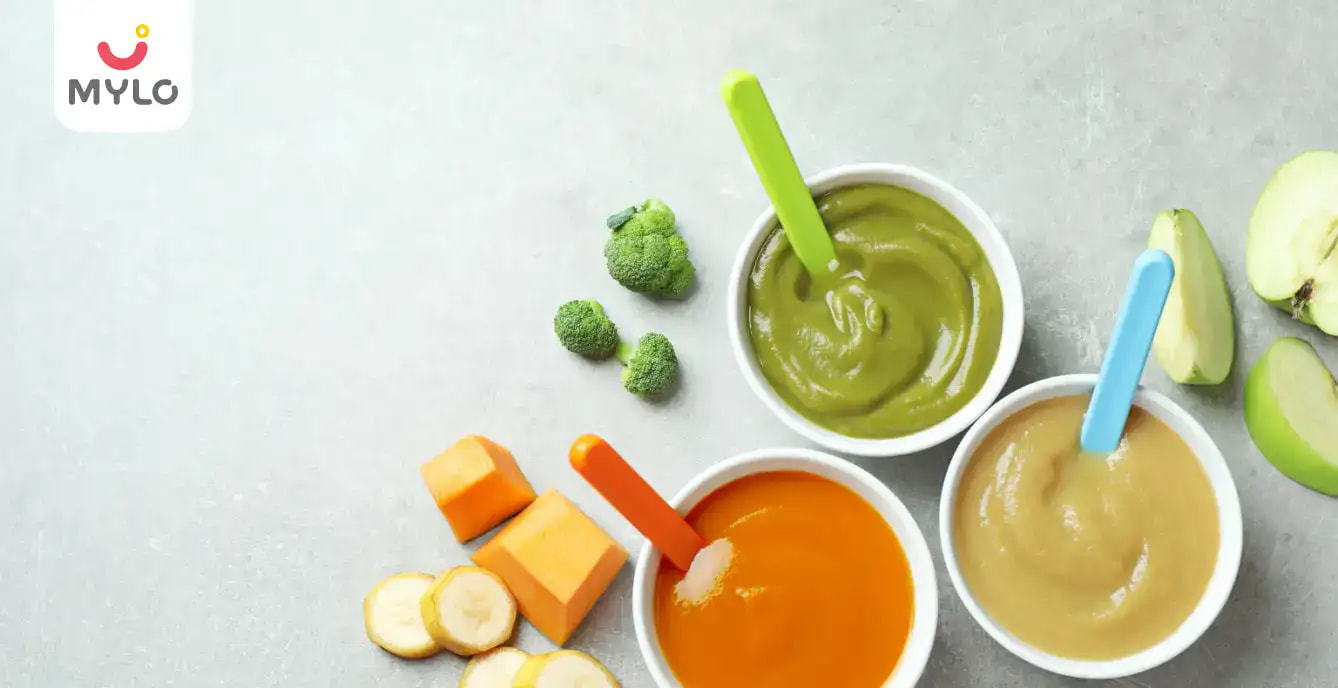Home

Diet & Nutrition

Foods to eat for healthy fetal brain development
In this Article

Diet & Nutrition
Foods to eat for healthy fetal brain development
Updated on 20 February 2023



Medically Reviewed by
Kusum Sabharwal
Obstetrician & Gynecologist - MBBS| DGO
View Profile

Ensuring your unborn baby has a healthy brain is one of the most important things you can do as a parent-to-be. While genetics certainly play a role in brain development, research has shown that a mother's diet during pregnancy can significantly impact the developing fetal brain. Most parents often wonder if any superfoods can make their baby sharper. The answer is yes, and the research has shown that some food items help in brain development. This article will explore some of the best foods to eat for healthy fetal brain development.
Omega-3 Fatty Acids
Omega-3 fatty acids are essential fats that play a critical role in brain development. Specifically, they are necessary for the growth and development of neurons, which transmit information throughout the brain. Research has shown omega-3s can help improve cognitive function, reduce developmental delay risk, and improve newborns' vision.
One of the best sources of omega-3 fatty acids is fatty fish, such as salmon, sardines, and mackerel. Other good sources include walnuts, chia seeds, and flaxseeds. If you're not a fish fan, consider taking an omega-3 supplement.
Protein
Protein is another essential nutrient for fetal brain development. It provides the building blocks for forming neurons and the myelin sheath surrounding them. Research has also shown that protein is vital for developing the hippocampus, a part of the brain involved in learning and memory.
Good protein sources include lean meats, such as chicken and turkey, legumes, nuts, and dairy products. If you're a vegetarian or vegan, you can still get plenty of protein from sources such as tofu, tempeh, and quinoa.
Choline
Choline is a nutrient that is essential for brain development, particularly during the early stages of pregnancy. It plays a role in forming neurotransmitters, chemicals that transmit signals throughout the brain. Research has shown that getting enough choline during pregnancy can improve cognitive function and reduce the risk of neural tube defects.
Good sources of choline include eggs, liver, and chicken. You can also get choline from plant-based sources such as soybeans and quinoa if you're a vegetarian.
Iron
Iron is a mineral that is important for fetal brain development because it is involved in the production of myelin, which is essential for the transmission of nerve impulses. Iron is also crucial for forming haemoglobin, which carries oxygen to the brain.
Good sources of iron include lean meats, poultry, and fish. Plant-based sources of iron include beans, lentils, and leafy green vegetables. It's worth noting that the body absorbs iron more efficiently from animal sources than from plant-based sources, so vegetarians and vegans may need to eat more iron-rich foods to get the same benefits.
Also read: Baby Brain Development Food
Folate
Folate, also known as folic acid, is a B vitamin essential for fetal brain development. It plays a critical role in forming the neural tube, which develops into the brain and spinal cord. Research has shown that getting enough folate during pregnancy can reduce the risk of neural tube defects.
Good sources of folate include leafy green vegetables, citrus fruits, and fortified cereals. If you're planning on becoming pregnant, starting a folic acid supplement at least one month before you conceive is a good idea.
You can also enrol yourself at Mylo's Pregnancy Nutrition plan for healthy development of baby and smooth progession of pregnancy.
Conclusion
In conclusion, a healthy diet is essential for developing a healthy fetal brain. Eating a variety of nutrient-dense foods ensures that your unborn baby is getting the nutrients they need for optimal brain development. It's worth noting that supplements can help ensure you're getting enough of certain nutrients, but it's always best to try to get your nutrients from whole foods whenever possible.
The best favour you can do to your unborn baby is to eat healthy and nutritious food so that the baby gets all the essential nutrients, and you can also sail through the journey of motherhood feeling healthy and nourished.
References
Araújo, M. E. M., & Martins, A. (2020). Foods, the Best Way to Take Antioxidant Natural Products. Foods, 10(1), 19. https://doi.org/10.3390/foods10010019
Cohen, M. (2017). Brain Food. Neurology Now, 13(3), 22–35. https://doi.org/10.1097/01.nnn.0000520750.14042.8d





Medically Reviewed by
Kusum Sabharwal
Obstetrician & Gynecologist - MBBS| DGO
View Profile


Written by
Ravish Goyal
Official account of Mylo Editor
Read MoreGet baby's diet chart, and growth tips

Related Articles
Related Topics
RECENTLY PUBLISHED ARTICLES
our most recent articles
Brain Development
How touch can shape babies’ brain development

Pregnancy Complications
In What Situations Can a Doctor Recommend You to Take Bed Rest During Pregnancy?

Caring for your Newborn
How to Hold a Newborn Baby
Burping Your Baby
Why do you need to burp your baby and what are the best positions to burp your baby?
Carpal Tunnel Syndrome
Carpal Tunnel Syndrome or CTS During Pregnancy : Symptoms, Causes & Treatment

Induced Labour
Can Nipple Stimulation Help in Inducing Labor Naturally?
- Top 10 pregnancy do's and don'ts that is crucial to have a healthy baby
- 7 Excellent Sources of Omega-3 Fatty Acids For Expecting Mothers
- Epidural: Advantages, Disadvantages & Risks
- Dizziness During Pregnancy
- Bed Rest During Pregnancy: Does It Really Help?
- Food Poisoning During Pregnancy: Causes, Symptoms & Treatment
- A Working Mom's Guide to Maintaining Balance
- Vanishing Twin Syndrome: Causes, Symptoms & Treatment
- Oligohydramnios (Low Amniotic Fluid During Pregnancy): Causes, Symptoms & Treatment
- Jaggery in Pregnancy: Benefits & Nutritional Value
- Green Tea During Pregnancy: Benefits, Risks & Safety measures
- Where Can You Buy Female Condoms?
- Is there anything to worry about when your baby passes urine frequently? Here are some warning signs.
- The Do's and Don'ts of how to effectively handle toilet training for your child


AWARDS AND RECOGNITION

Mylo wins Forbes D2C Disruptor award

Mylo wins The Economic Times Promising Brands 2022
AS SEEN IN
















- Mylo Care: Effective and science-backed personal care and wellness solutions for a joyful you.
- Mylo Baby: Science-backed, gentle and effective personal care & hygiene range for your little one.
- Mylo Community: Trusted and empathetic community of 10mn+ parents and experts.
Product Categories
baby carrier | baby soap | baby wipes | stretch marks cream | baby cream | baby shampoo | baby massage oil | baby hair oil | stretch marks oil | baby body wash | baby powder | baby lotion | diaper rash cream | newborn diapers | teether | baby kajal | baby diapers | cloth diapers |








